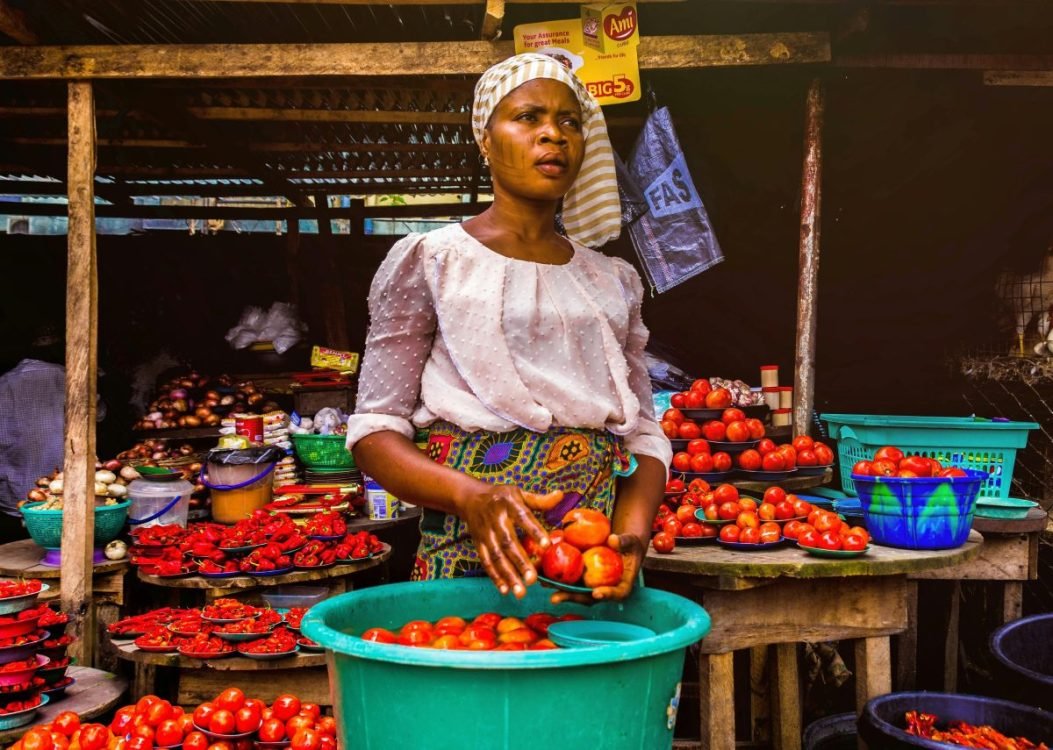Why Africa should consume less and produce more

With a population of over 1.4 billion, Africa is the second-most populous continent and has the youngest population.
Despite its abundant natural resources, the continent remains the least wealthy per capita and the second-least wealthy in terms of total wealth.
Scholars have identified several factors contributing to this disparity, such as corruption and neocolonialism.
As slavery became less profitable, Africa was conquered by European powers. The Berlin Conference of 1884-1885 marked a pivotal moment, as the powers divided up the continent into spheres of influence.
Despite regaining independence from colonial rule, African nations in one way or another are still under the shackles of developed nations.
Africa is in a neocolonial era, marked by the subtly influencing impacts of American, European, and Asian countries.
The inclination of African presidents to attend international summits hosted by smaller, more industrialised nations is indicative of this.
Foreign powers use diplomatic pressure and economic manipulation to exert influence in Africa, influencing military training programmes and fostering dependency.
These actions undermine African nations’ sovereignty and perpetuate a cycle of dependency and exploitation, with foreign ambassadors exhibiting condescending attitudes and gunboat diplomacy.
African nations must recognise this reality and work to prevent further escalation of interference in their affairs.
As African leaders hop from one summit to the next, the impact of Western interference in Africa remains a pressing concern.
African nations should assert their sovereignty and resist external influences that hinder their development.
To address this ‘mbekholisation syndrome’, Africa must unite and shift its focus from a consuming to a producing continent to foster sustainable economic growth and development.
The continent should prioritise self-sufficiency and diminish dependency on imports.
Local production has the potential to create employment, stimulate economic growth, and decrease reliance on international markets. This approach can lead to enhanced economic growth and foster stability and resilience.
Africa is rich in natural resources and agricultural productivity, giving it the potential to become a major player in the global market.
By transitioning from consumerism to production, African economies can unlock their full potential and enhance competitiveness. Investments in infrastructure, technology, and skills development can further diversify African economies.
Many African countries rely heavily on export commodities, such as oil, minerals, and agricultural products, making them vulnerable to fluctuations in global commodity prices and market demand.
They can create jobs, boost economic growth, and reduce reliance on imports by diversifying their production bases.
Africa should prioritise industrialisation, support local industries, establish value chains, diversify its economies, utilise agribusiness, and leverage its abundant resources to shift from being a consumer-driven continent to a producer-driven one.
This transformation can attract more investments, promote export-oriented manufacturing, reduce imports, and enhance self-sufficiency.
Africa can spearhead economic development and position itself as a key industrial hub.
It is important to clarify that the intention is not to isolate Africa from the rest of the world but to redefine its engagement with the global community.
Individual nations are vulnerable and susceptible to exploitation by stronger powers.
If Africa fails to recognise this, we will never realise our full potential. The saying goes, “If you behave like grass, goats will eat you”. Many times, we in Africa behave like grass and are seen as fit for consumption.
— The writer is an Innovations Evangelist and a PhD candidate












